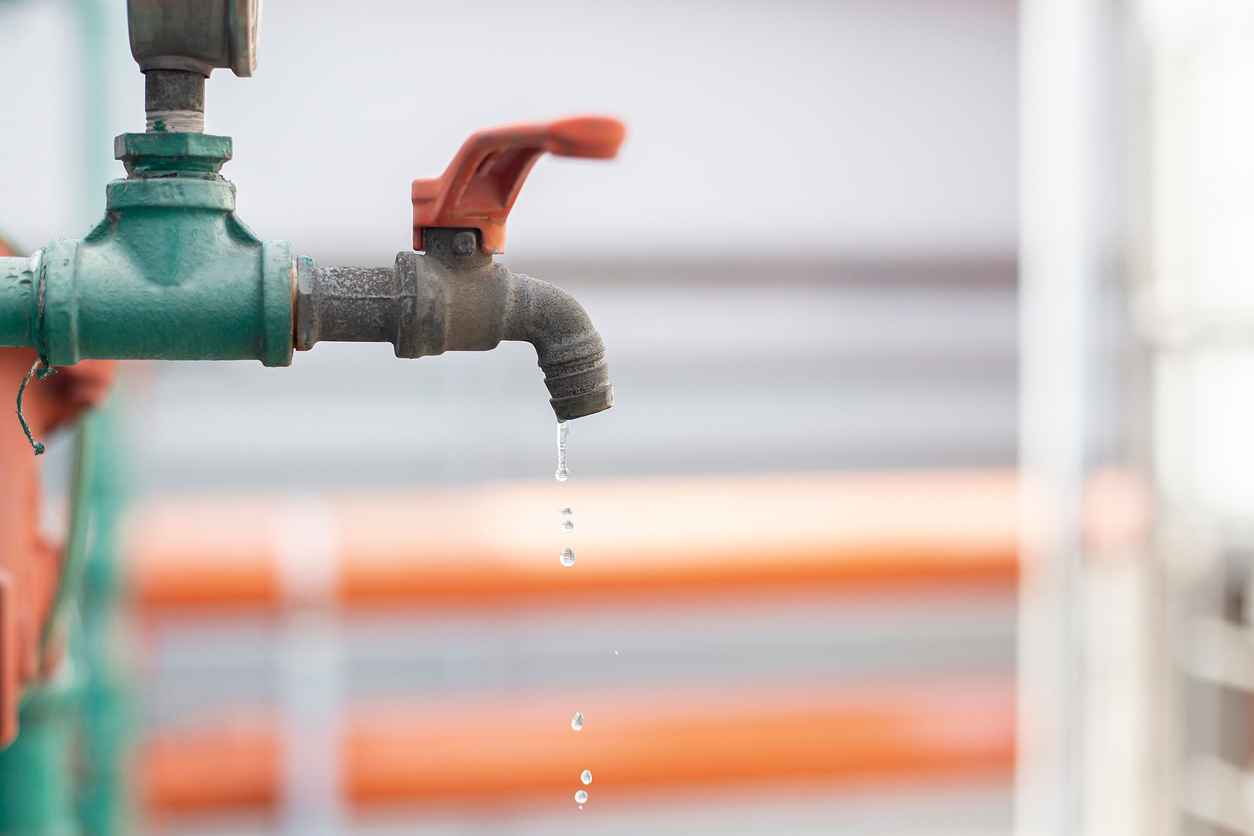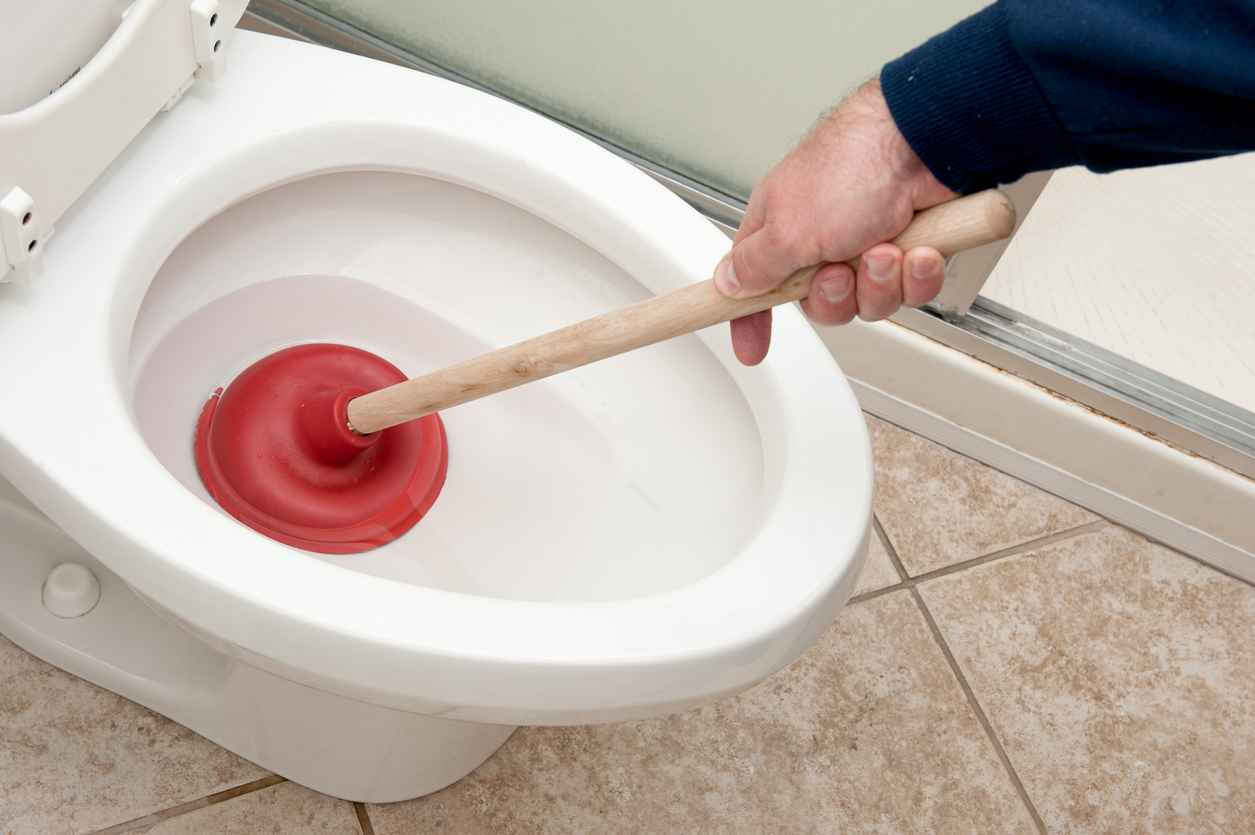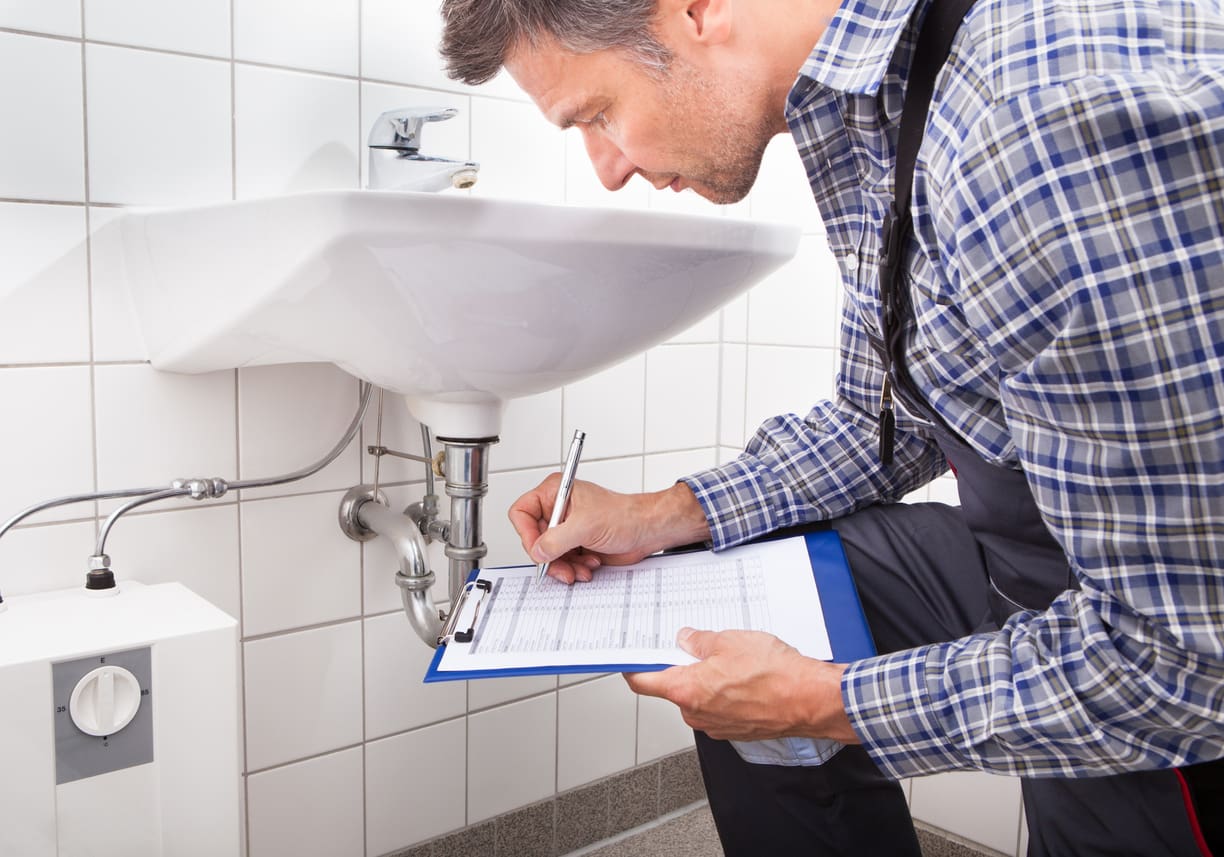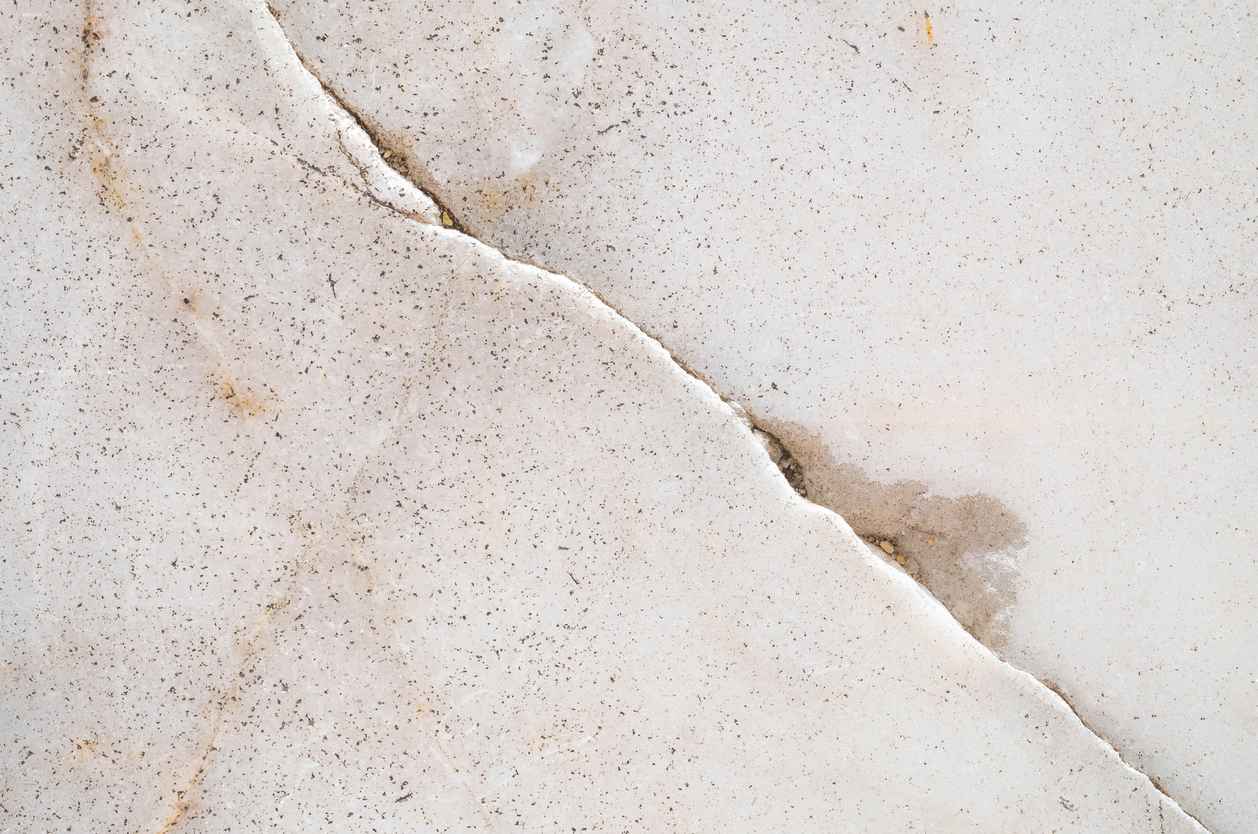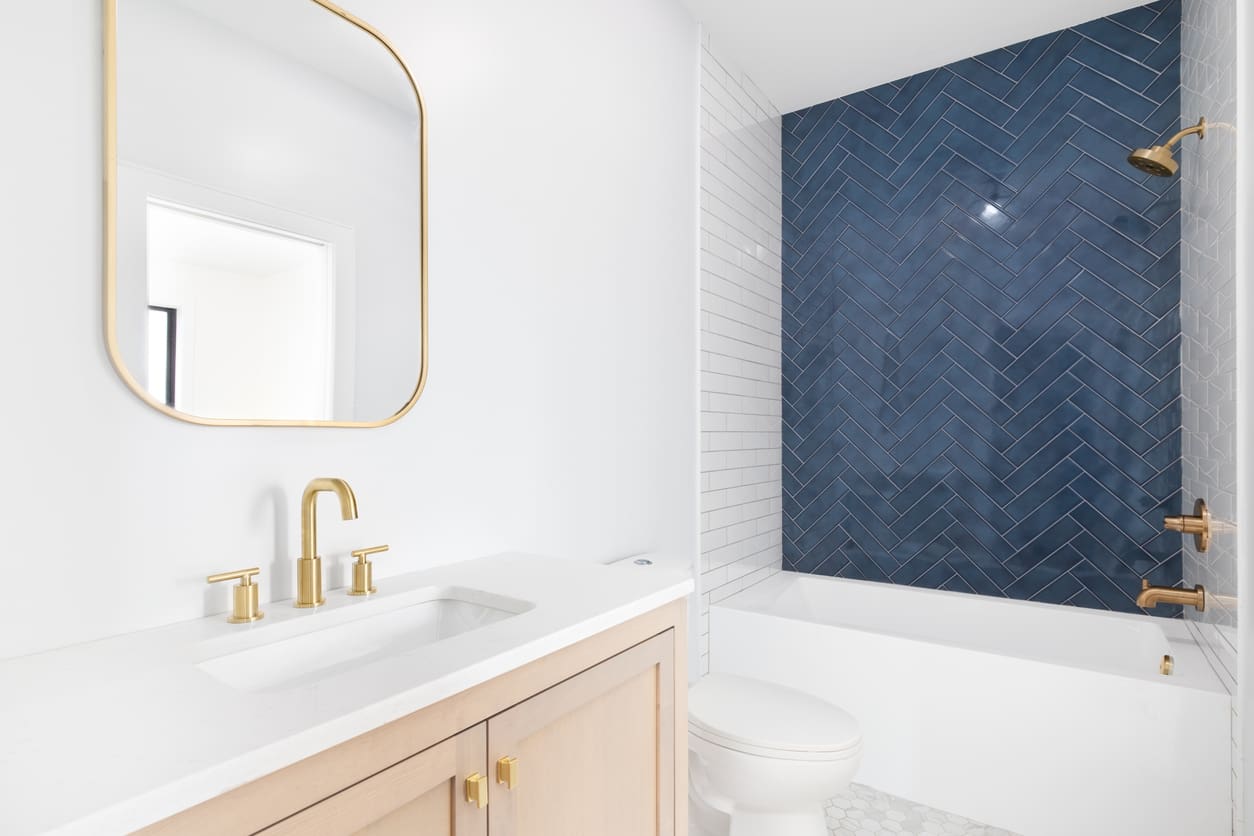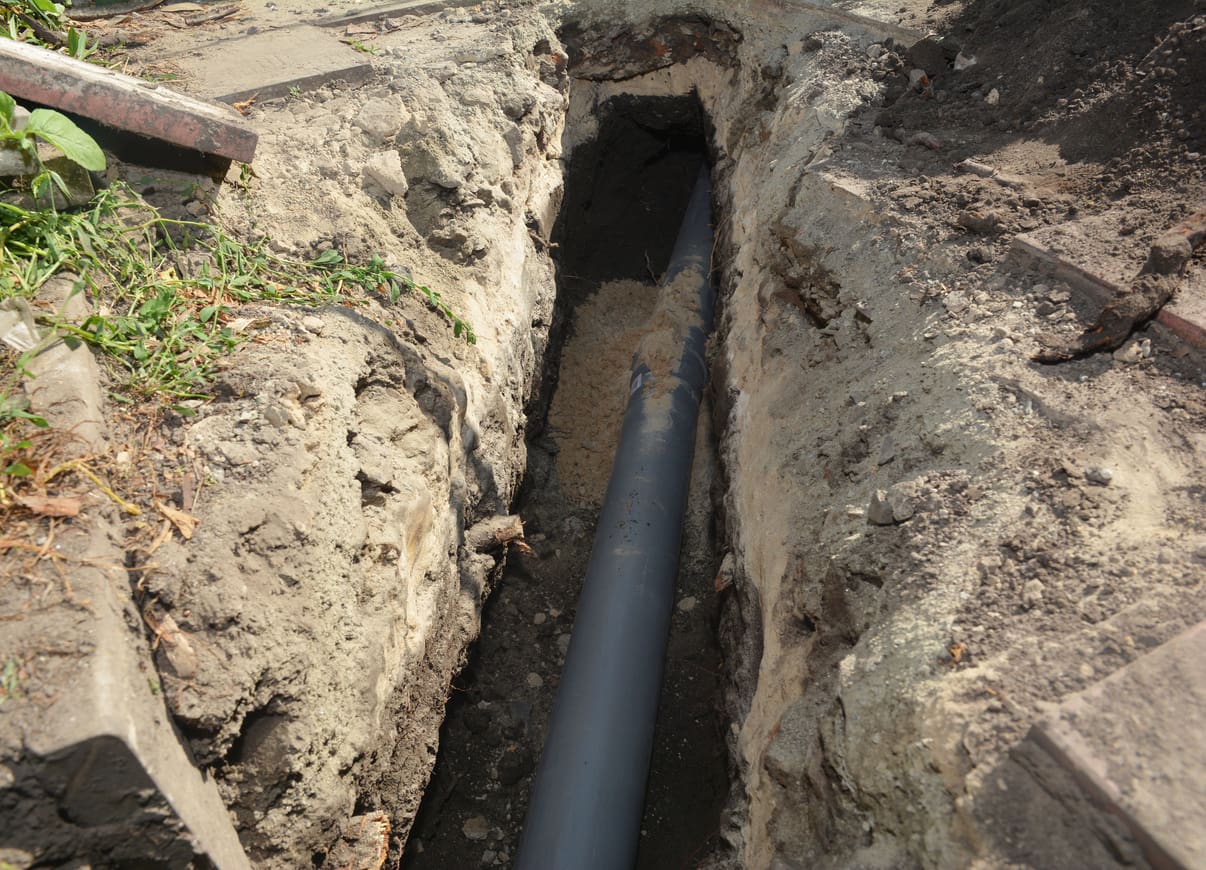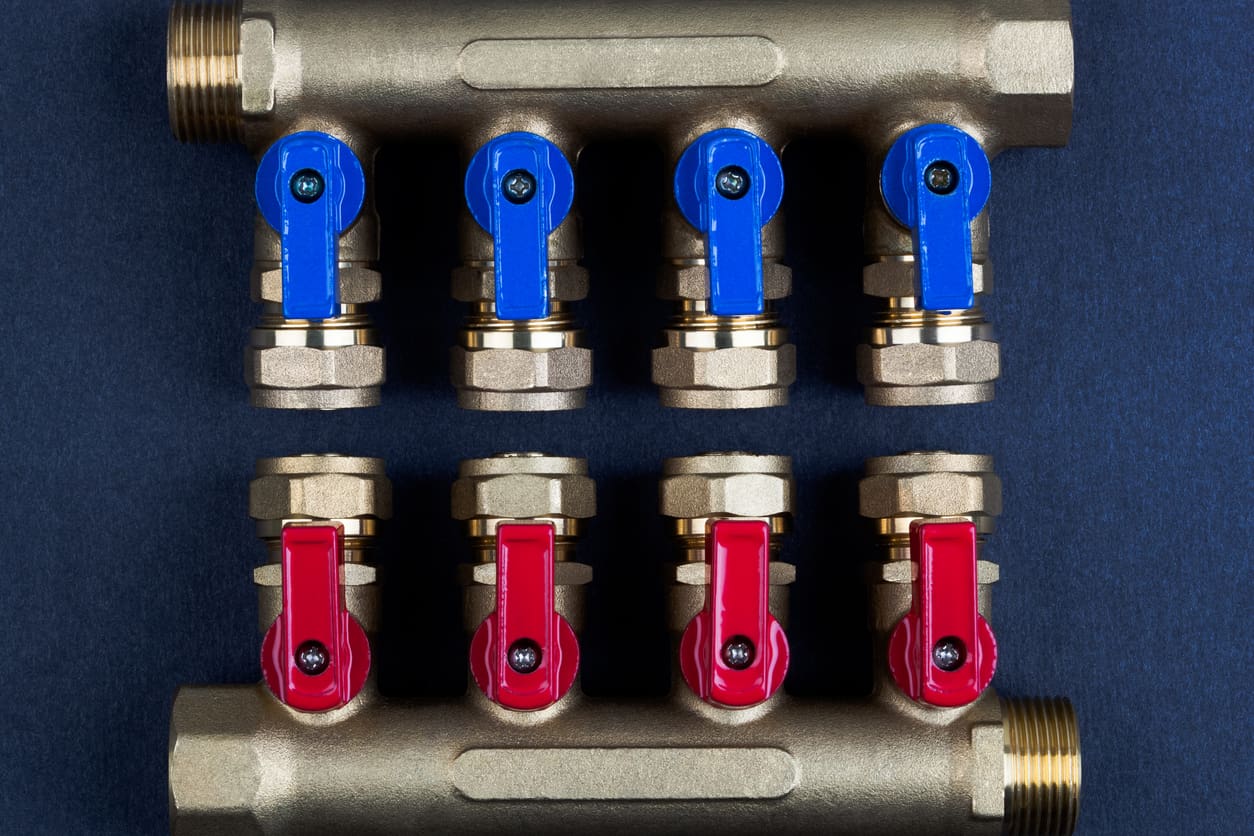absolute plumbing Inc.
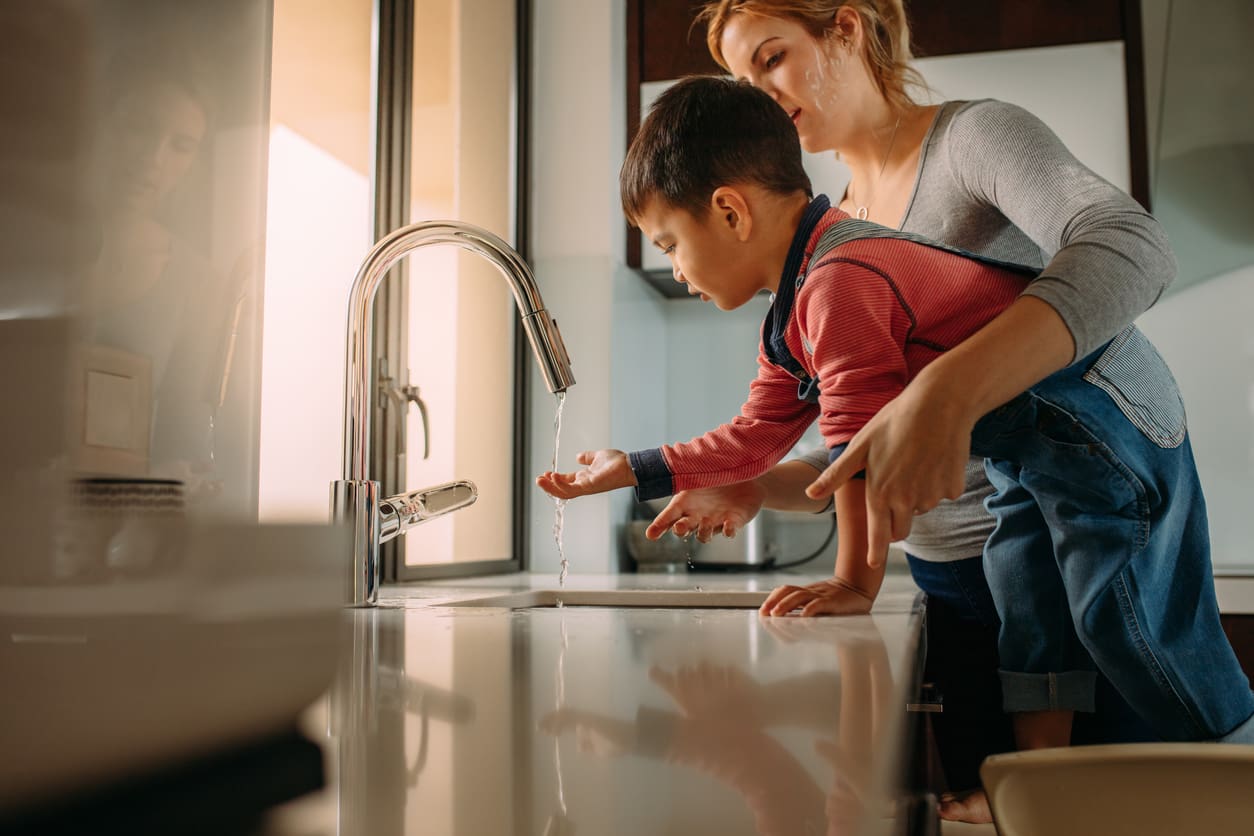
How to Increase Water Pressure in Kitchen Sink
Experiencing low water pressure in your kitchen sink can be frustrating, especially when you’re trying to wash dishes or prepare food. If you find your kitchen faucet’s flow isn’t what it used to be, you’re not alone. Many homeowners face this common issue, but fortunately, there are several steps you can take to enhance the water pressure. In this blog, we’ll explore practical solutions to common problems that lead to low water pressure in kitchen sinks, ensuring your faucet performs optimally.
Understanding the Causes of Low Water Pressure in Kitchen Sinks
Before diving into solutions, it’s important to understand what might be causing the low water pressure in your kitchen sink. Several factors can contribute to this issue:
- Clogged Aerators: The aerator on your kitchen faucet is designed to help conserve water, but it can become clogged with mineral deposits and sediment over time. This is often the simplest cause of low flow in kitchen faucets.
- Old or Faulty Plumbing: If your home has old or corroded pipes, these can also be a significant source of low water pressure. Corrosion can narrow the pipes, restricting water flow to your faucet.
- Shared Water Supply: In some cases, your water pressure issues might be due to a shared water supply line. If multiple appliances or fixtures are using water simultaneously, this can impact the pressure that reaches your kitchen sink.
- Faulty Fixtures or Valves: Sometimes, the problem may lie with the fixtures or valves themselves. If these components are not functioning correctly, they can restrict water flow.
Step-by-Step Solutions to Increase Water Pressure
Check and Clean the Aerator
The first and easiest step is to inspect the aerator. Unscrew it from the tip of the faucet and check for any debris or buildup. Clean it thoroughly or replace it if it’s heavily clogged. This might quickly resolve your issue with kitchen faucet low pressure.
Inspect the Plumbing for Leaks or Damage
Examine visible pipes under the sink and throughout your home for signs of leaks or damage. Even a small leak can affect water pressure and lead to more significant plumbing problems down the line. If you notice any signs of trouble, it may be time to call a professional.
Evaluate the Water Supply Line
Ensure that the valves on your water supply lines to the kitchen sink are fully open. Sometimes these can accidentally be turned off or not opened completely after maintenance.
Upgrade Fixtures or Pipes
If your kitchen plumbing is outdated, consider upgrading your pipes or fixtures. Modern fixtures not only improve water pressure but also bring your plumbing up to current standards. This is especially effective if you’re experiencing general low water pressure in your kitchen sink.
Install a Water Pressure Booster
For homes plagued by consistently low water pressure affecting more than just the kitchen sink, a water pressure booster pump might be the solution. It increases the pressure of incoming water, enhancing the performance across all your fixtures.
Preventative Maintenance to Avoid Future Issues
Regular maintenance is key to avoiding low water pressure in your kitchen sink. Here are a few tips to keep everything running smoothly:
- Regular Cleaning: Make sure to clean your aerator and faucet regularly to prevent buildup.
- Inspect Regularly: Check your plumbing system periodically for any signs of wear and tear or leaks.
- Soften Your Water: If you have hard water, consider installing a water softener to reduce mineral buildup in your pipes.
- Professional Inspections: Have a professional plumber inspect your system every few years to catch any issues that might not be immediately apparent.
When to Call a Professional
While many of the solutions mentioned can be DIY, there are times when it’s best to call in the experts from Absolute Plumbing. If you’ve tried cleaning your aerator, checking for leaks, and ensuring your valves are fully open, but your kitchen sink water pressure is still low, there might be a more complex issue at hand. A professional plumber can diagnose and fix problems that aren’t easily accessible or are beyond the scope of typical DIY fixes.
Professionals have the tools and expertise to assess your entire plumbing system and implement solutions that are not only effective but also long-lasting. They can handle everything from replacing old pipes to installing specialized equipment like pressure boosters.
Conclusion
Dealing with low water pressure in your kitchen sink can disrupt your daily routine and make simple tasks more frustrating. However, by following the steps outlined above, you can often solve the problem yourself.
If you find that the issue persists or you prefer not to tackle it alone, don’t hesitate to contact Absolute Plumbing. We’re here to help with all your plumbing needs, ensuring that your home’s water system functions at its best. Give us a call today, and let us take the stress out of your plumbing problems!

